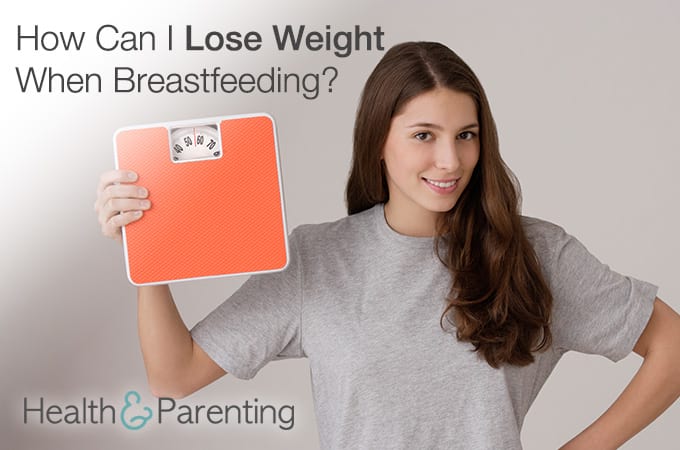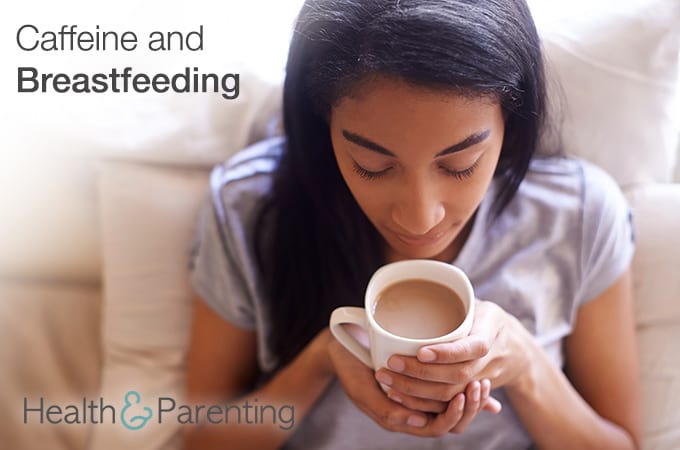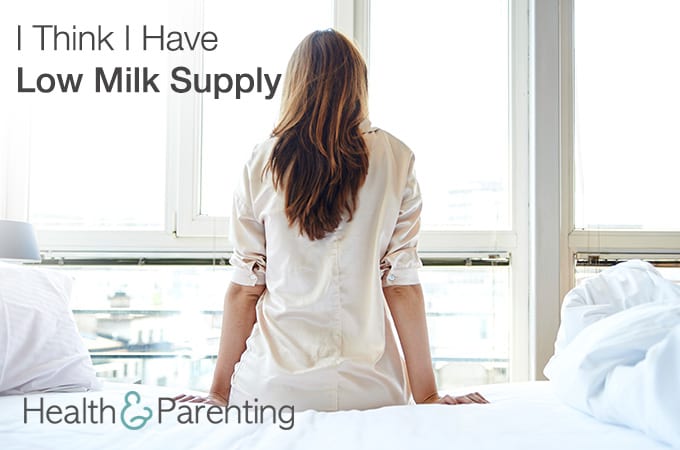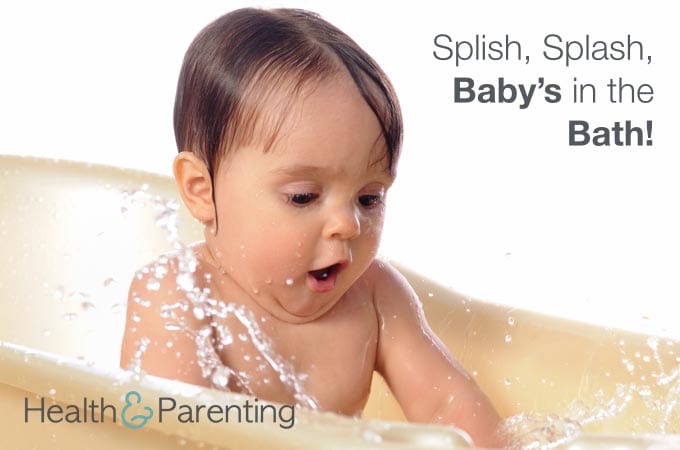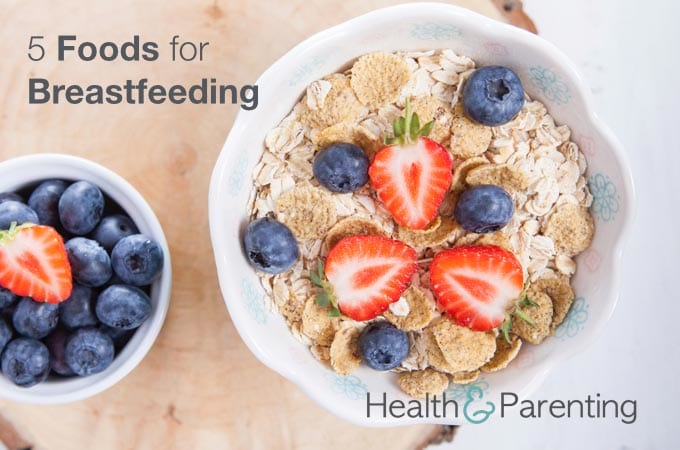Pediatricians in the United States recommend routine supplementation of all breastfed babies with 400IU daily of vitamin D, starting in the first days of life. As a breastfeeding mom, you thought your breastmilk was all baby needed. So, why add something?
What is vitamin D?
Our bodies need vitamin D for healthy bones and a strong immune system. While we can get some vitamin D through diet, typically our bodies synthesize vitamin D from sunlight. Living at a higher latitude with fewer hours per day of sun, living in a culture where much of the skin is covered, and having darker skin pigmentation are all risk factors for vitamin D deficiency. In addition, the widespread use of sunscreen when we are exposed to sunlight limits the amount our bodies are able to use to make the necessary amount of vitamin D.
Why does my baby need vitamin D?
Vitamin D deficiency can lead to rickets, a softening of the bones leading to fractures and deformity. Researchers also think vitamin D deficiency could be linked to chronic conditions such as diabetes, arthritis, and heart disease.
If your baby is not breastfed, you do not need to supplement with any extra vitamin D because it is already added to infant formula.
Is my breastmilk lacking?
The most important thing to remember is that breastmilk isn’t deficient – it has just the amount of vitamin D that it’s supposed to have as long as mom isn’t deficient. The problem lies in the fact that while humans get some vitamin D from diet, the majority comes from sunlight exposure. And some babies just don’t get enough sunlight.
Can I take vitamin D instead?
A recent study found that if a breastfeeding mother takes 6400IU of vitamin D daily, it’s enough to keep her baby’s vitamin D status at a healthy level.
Are recommendations the same around the world?
In the UK and Canada, the recommendation is for breastfeeding moms to take a vitamin D supplement to increase the amount baby will get through breastmilk. In Australia, the recommendation is for babies’ vitamin D levels to be tested. Only those with low levels will need supplementation.
Keep in mind that a vitamin D supplement is only a few drops of liquid. It will not in any way affect your milk supply or your breastfeeding relationship. But it will keep your baby healthy.
Please ask your healthcare provider to show you how to give the correct amount of vitamin supplement to your baby. When it comes to vitamin D, too much of a good thing may be dangerous, so it makes sense to ensure that you are giving the proper dosage. Never give your baby more vitamin D supplement than your healthcare provider recommends. You can’t overdose on vitamin D from sunlight, but you can get too much vitamin D through supplements.
In summary, supplementing with vitamin D is an easy and inexpensive solution for a simple problem that can become a complex series of problems if left untreated. But before making a decision about whether or not to supplement, talk to your healthcare provider about the risks and benefits.
Written by Michelle, childbirth instructor, lactation consultant, and mother to 4 busy kids
This information is not intended to replace the advice of a trained medical doctor. Health & Parenting Ltd disclaims any liability for the decisions you make based on this information, which is provided to you on a general information basis only and not as a substitute for personalized medical advice. All contents copyright © Health & Parenting Ltd 2016. All rights reserved.



